Myanmar rejects ICC probe over Rohingya genocide
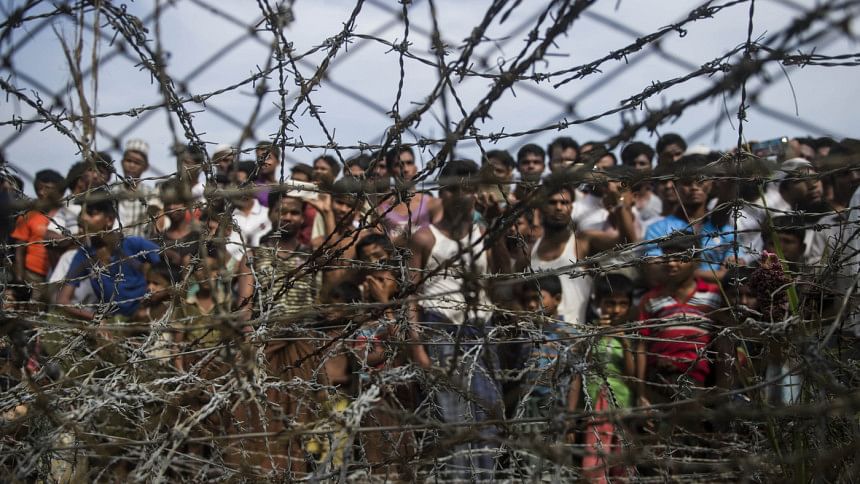
Myanmar struck back Friday after a surge of global legal pressure over its alleged crimes against the Rohingya, branding an investigation by the International Criminal Court (ICC) "not in accordance with international law".
On Thursday, the ICC approved a full probe into Myanmar's 2017 bloody military crackdown against the minority Muslim group.
The decision came after rights groups filed a separate lawsuit in Argentina -- in which former democracy icon Aung San Suu Kyi was personally named -- and a further submission of a genocide case at the UN's top court.
Two years ago, some 740,000 Rohingya fled over the border into sprawling camps in Bangladesh in violence UN investigators branded as genocide.
Myanmar has repeatedly defended the crackdown as necessary to stamp out militants and has long refused to recognise the authority of the ICC - a position it reiterated Friday.
"The investigation over Myanmar by the ICC is not in accordance with international law," said government spokesman Zaw Htay at a press conference Friday.
Even though the country has not signed up to the court, the ICC ruled last year it has jurisdiction over crimes against the Rohingya because Bangladesh, where they are now refugees, is a member.
Zaw Htay repeated that Myanmar's own committees would investigate any abuses and ensure accountability if needed.
"Myanmar and the government are neither in denial nor closing our eyes," he said.
Critics deride the domestic panels of whitewashing atrocities.
- Myanmar accused of genocide -
The ICC decision came after West African nation The Gambia on Monday launched a separate case at the International Court of Justice (ICJ), the UN's top court, also based in The Hague.
The Gambia, acting on behalf of the 57-nation Organisation of Islamic Cooperation (OIC), accuses Myanmar of genocide. The first hearings are scheduled for December.
The ICJ normally deals with more legalistic disputes between states but also rules on alleged breaches of UN conventions.
Myanmar, which has signed the Genocide Convention, would respond "in accordance with international legal means," said Zaw Htay.
In the case filed Wednesday in Argentina, Suu Kyi was among top Myanmar officials named for crimes against the Rohingya, the first time the Nobel Laureate has been legally targeted over the crisis.
Human rights groups submitted the lawsuit under "universal jurisdiction", a legal principle that some crimes are so horrific, they can be tried anywhere.
The lawsuit demands top leaders -- including army chief Min Aung Hlaing and civilian leader Suu Kyi -- face justice over the "existential threat" faced by the Rohingya.
Argentine courts have taken up other such cases in relation to ex-dictator Francisco Franco's rule in Spain and the Falun Gong movement in China.
Myanmar's government spokesman offered no comment on the lawsuit.

 For all latest news, follow The Daily Star's Google News channel.
For all latest news, follow The Daily Star's Google News channel. 

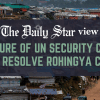
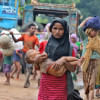
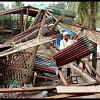
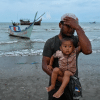
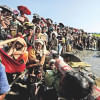

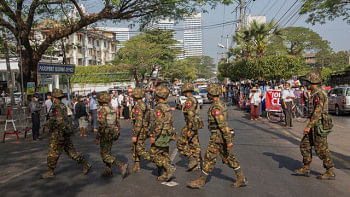
Comments